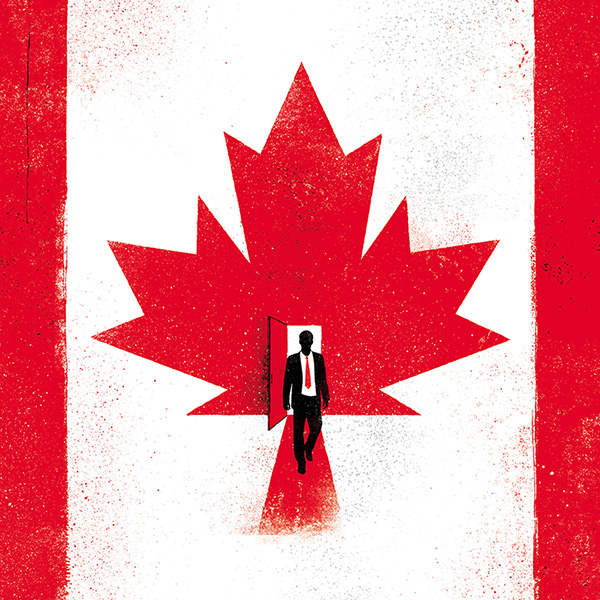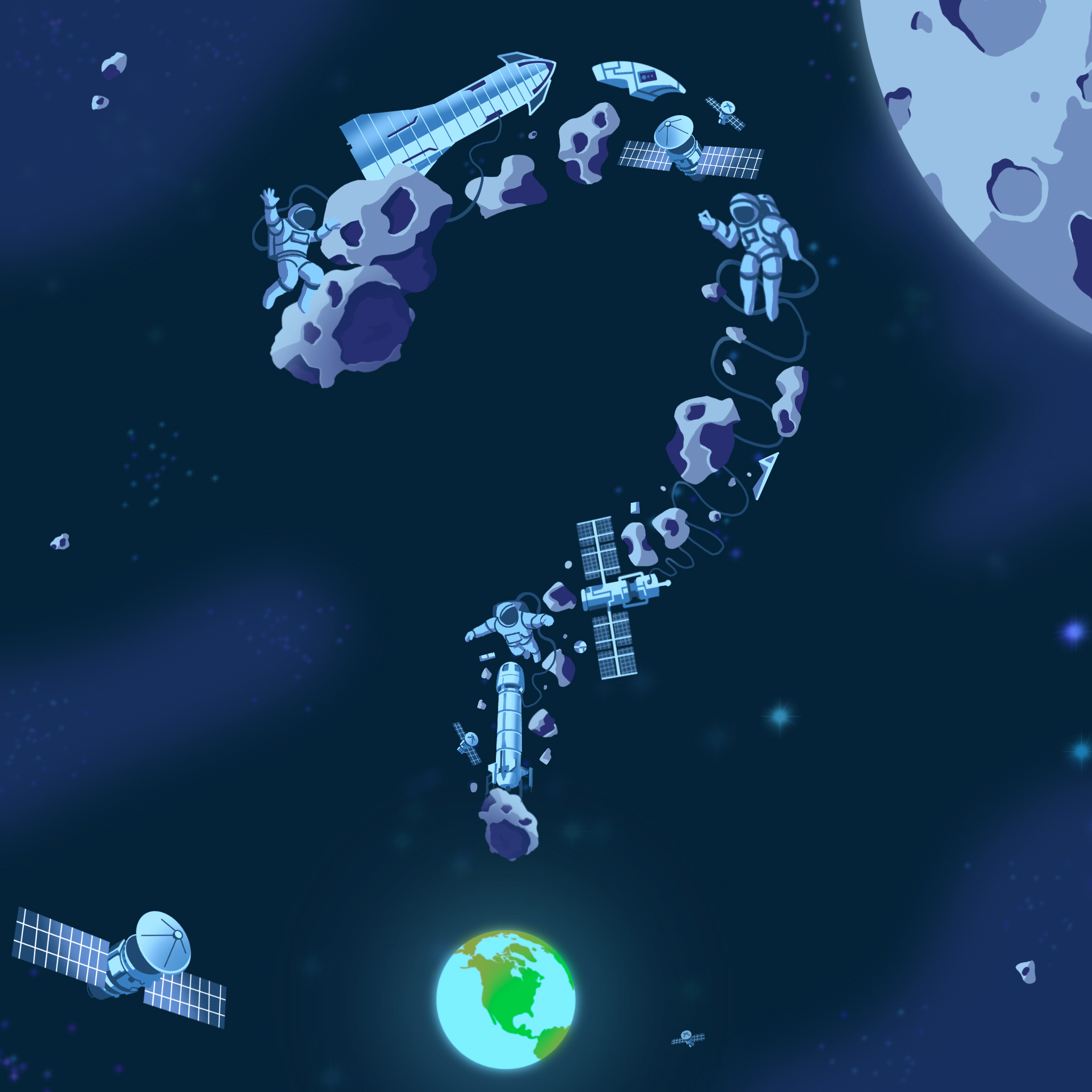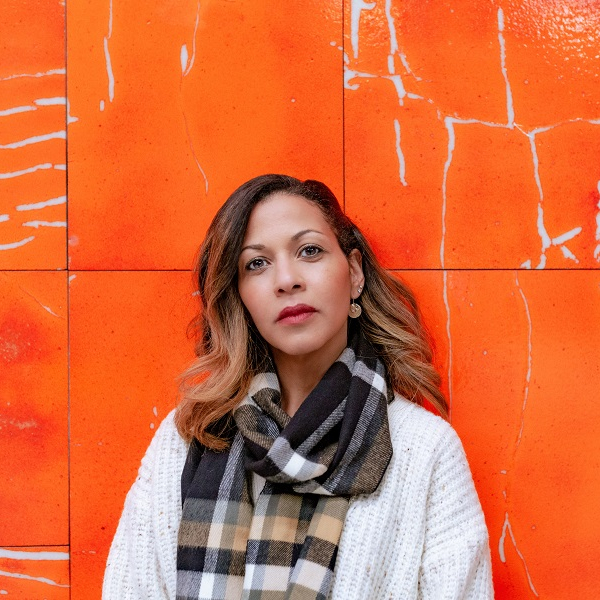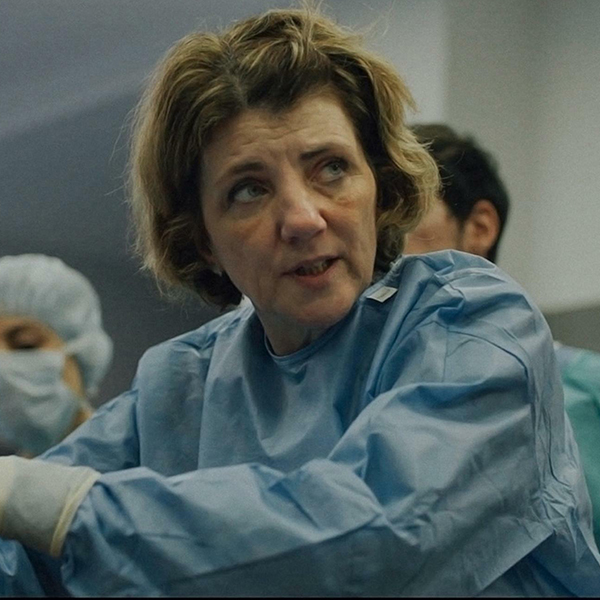Last September, two weeks after arriving in Japan to become Canada’s new ambassador, Ian Burney, BA’85, donned a formal morning coat and rode in a horse-drawn carriage to the Imperial Palace in Tokyo to present his credentials to Emperor Akihito. “It’s quite an elaborate ceremony, evocative of a different century,” Burney says.
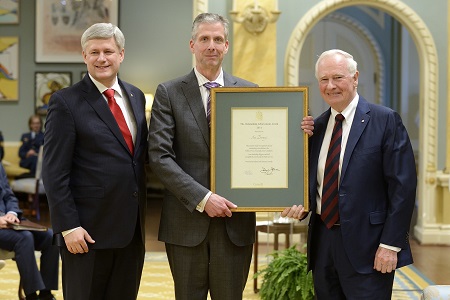
“There’s a ritual as to how many steps you take and where and how you bow to the emperor. The party that I went with, including the senior management team at the embassy, had two rehearsals with the Imperial Household Agency, so that we didn’t make a false step during the actual event.”
John Holmes, BA’78, LLB’82, had a very different experience when he was accredited as Canada’s non-resident ambassador to war-torn Iraq in 2005. To present his credentials to the president of Iraq, Holmes flew to Baghdad, then took a military helicopter to the heavily fortified Green Zone, because the road from the airport was so unsafe. He had to bring along a military helmet and a bullet-proof vest.
McGill graduates occupy several key positions in Canada’s senior diplomatic corps. In Asia alone, Canada’s ambassadors to China (John McCallum, PhD’77), Japan (Burney), the Philippines (Holmes) and the Association of Southeast Asian Nations (Marie-Louise Hannan, BA’91) are all McGill alumni.
“If you’re somebody who requires stability and predictability, [this] may not be the right line of work for you,” Ulric Shannon, BA’97, Canada’s consul general in Istanbul, says of diplomatic postings. “We put a high premium on adaptability in terms of the personal characteristics that our line of work requires.”
About those cocktail receptions…
When most Canadians think of senior diplomats working in foreign countries, images of lavish dinner parties and cocktail receptions probably spring to mind. The reality is usually more prosaic, say the envoys, but occasionally pomp is de rigueur. And even those events serve strategic purposes: raising foreign awareness of Canada and promoting its national interests.
A diplomatic reception can also be a vital venue for information-gathering, says Deanna Horton, BA’76, a fellow at the University of Toronto’s Munk School of Global Affairs, and Canada’s ambassador to Vietnam from 2008 to 2010.
“Because there [was] no free press in Vietnam,” says Horton, “you ended up looking for clues as to what was going on by talking to your colleagues, looking to see who was attending various functions. So they were actually very useful events.”
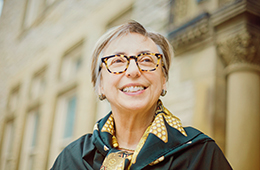
“I think the biggest myth that needs to be busted is the idea that we enjoy cocktail parties,” says Shannon. “We actually quite loathe those. I’d rather be home with my family.”
As a senior diplomat, you’re “on” all the time, says Horton. “Very few events are purely social, where you can just relax,” she says. “One of the things that they drill into you [when you become a diplomat] is the idea that you should behave as the first Canadian that people will ever meet,” says Shannon. “People form their impressions of Canadians based on the [diplomats] they interact with.”
“We spend a lot of time networking,” says Chris Cooter, BCL’86, LLB’86, the ambassador to Turkey since last August. “That’s not just meeting ministers and captains of industry; it also means helping some of the programs we have represented at the mission, such as IRCC [Immigration, Refugees and Citizenship Canada]. It might mean helping it or one of the other departments [of the Canadian government] establish contacts in-country.”
But for Cooter and other ambassadors, job one is managing the personnel and the financial resources of the embassy and official residence. “That’s about half of our training before we go out on our first posting,” he says.
Horton, now retired from the foreign service, agrees, describing ambassadors as “essentially office managers.”
But, the envoys note, senior diplomats also perform tasks that the public probably doesn’t consider part of their role, such as visits to Canadian-funded development projects, sometimes in difficult terrain, or to refugee camps.
Opening doors for trade
Canada’s envoys try to give new meaning to the old adage that trade follows the flag. Holmes, now Canada’s ambassador to the Philippines, says, “I’ve always been involved in the trade program, trouble-shooting where Canadian companies have run into problems, opening doors and helping them to find local partners. It’s a substantial part of my job.”
Burney spent a decade negotiating a free trade agreement with South Korea – Canada’s first with an Asian country – and he is now pursuing a similar pact with Japan.
“As ambassador, about half of my time is spent on trade and investment-related matters,” he says. “Japan is already the biggest source of investment from Asia into Canada. There’s a great well there to tap into. Japanese companies are sitting on over $2 trillion in assets, and they’re eager to pursue international opportunities.”
While trade negotiations tend to be slow and methodical, crises can erupt suddenly. Last October, for example, the Comprehensive Economic and Trade Agreement (CETA) that Canada had negotiated with the European Union appeared to be collapsing due to resistance from the Belgian region of Wallonia.
When then-trade minister Chrystia Freeland rushed to Brussels to try to rescue the deal, “we didn’t have a program set up for her yet,” says Daniel Costello, BA’84, Canada’s ambassador to the E.U. “It was something we put together in real-time.”
Costello accompanied Freeland and her trade officials to Namur, the seat of the Wallonian Parliament, for meetings with the regional minister-president that helped bring Wallonia on-side. “That’s what it takes to be effective – to respond in an agile and constructive fashion [to events]. We should be able to set up a visit on a few hours’ notice with all of the right people.
“The best part of the job is you’re Captain Canada,” says Costello. “It’s such a deep honour to represent Canada abroad. The title [of ambassador] gives us a lot of access and opens doors. It doesn’t mean we’re the first ones people want to talk to or that we have all the answers, but people are interested in Canada’s perspectives.”
Cooter adds, “They see you representing an important country, a G7 country, so it’s easy to have access to people in a way that you wouldn’t have back home.”
An element of danger
Personal security can be an ongoing challenge. Diplomats are high-value targets for extremists. Cooter became inured to the dangers during his previous posting as high commissioner to Nigeria.
“We had multiple bomb threats in the capital, Abuja,” he says. “On the 50th anniversary of the country’s independence, a bomb went off close to where I and some of the other dignitaries were assembled.”
Preparing for disasters, whether natural or human-caused, is a key part of the job. “I’ve had a lot of experience setting up an emergency team, testing it and using it during a crisis,” says Holmes. He notes that his current post, the Philippines, “is one of the most disaster-prone countries in the world with typhoons, volcanoes, earthquakes and flooding.”
In his previous post, Turkey, he experienced the failed military coup last July. “It happened late in the evening,” he recalls. “Within an hour of finding out about it, I had a six-person team at the embassy. We reached out to Canadians to make sure they were okay, and to get messages out – what to do, how to protect yourself. We were in touch with Ottawa all night. We could see from our windows the Parliament and the national security headquarters bombed.”
Shannon specializes in conflict zones. He briefly served as Canada’s first representative to the opposition in Syria (his Canadian diplomat wife, like him a fluent speaker of Arabic, took over the job) and worked on Afghanistan-Pakistan border issues as a Canadian diplomat in Islamabad.
“I get energy from being in places where you feel the stakes are high and your work is very consequential for that reason.”
During his posting as non-resident ambassador to Iraq (he was also ambassador to Jordan at the time), Holmes played a key role when two Canadian peace activists were kidnapped, along with a Briton and an American. “We mobilized a team, working closely with the Brits and the Americans and others, to try to get the hostages out,” says Holmes. He and his deputy rotated stints in Iraq working on the rescue mission. Just before Holmes was due to return for his third rotation, the Canadians were freed after four months in captivity by an international military operation.
Cooter says his McGill legal training has been invaluable in his diplomatic career. As an envoy, “you do some things that have a truly legal character, such as looking at treaties and memoranda of understanding. But where it’s even more helpful is in the way you parse an issue, the logical approach you take. It’s more a methodology of thinking and expressing yourself, whether in writing or verbally. It’s a good, solid foundation for diplomatic work.”
Having some experience in government can be helpful too. Costello was chief of staff to former foreign minister Bill Graham for three years before joining the foreign service. “Working with a minister, you get a sense of the pressures, and how priorities have to be continually recalibrated,” he says. That helped prepare him for an envoy’s tasks of briefing and making recommendations to ministers.
Burney has a diplomat’s DNA. His father, Derek Burney, was ambassador to the U.S. and South Korea and earlier served for seven years in Japan, where the younger Burney spent much of his childhood. “I had the language at the time, but regrettably, it’s all disappeared,” he says. “But being a diplomat’s son, I had a good idea of what I was getting into when I joined the foreign service.”
When Horton reflects on her time as an ambassador, she says that one of the most helpful courses she took at McGill wasn’t for credit. It was an extracurricular class in bartending.
“I ended up working as a bartender part-time while in graduate school,” she says. “It has stood me in good stead throughout my career. The ability to make a good martini is very important. Serving abroad involves eating and drinking for your country.”
